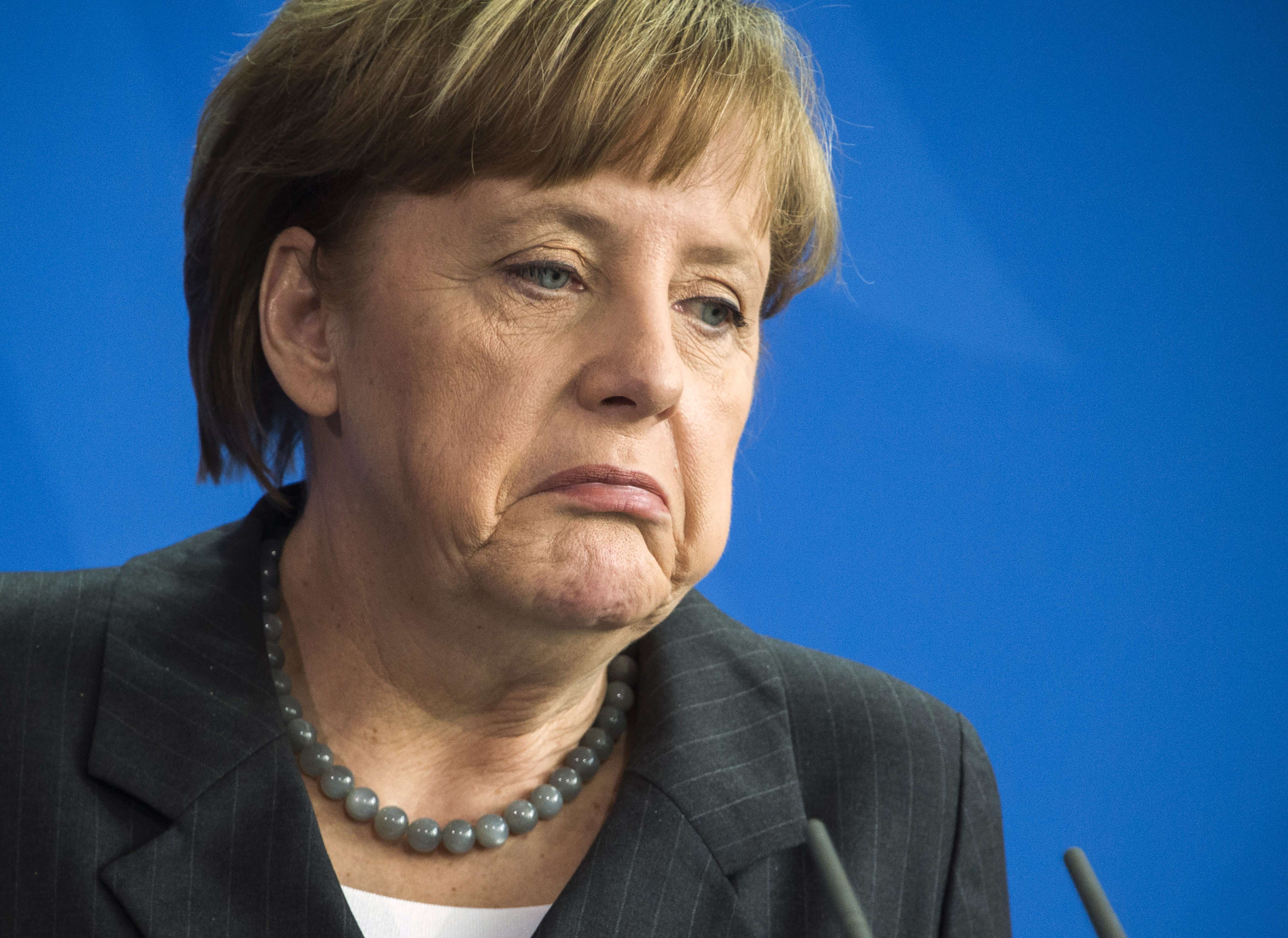
In Germany’s recent regional elections, voters delivered a resounding rebuke to Chancellor Angela Merkel’s party, the Christian Democratic Union. With an increasing number of Germans losing confidence in a European solution to the ongoing refugee crisis, calls for German isolation and unilateralism are growing louder – and far-right political forces are gaining traction.
This is highly troubling, but it should not be shocking. The European Union has consistently failed to find joint solutions to shared problems, even as it has been wracked by a series of crises. In the current refugee crisis, EU countries have shown a distinct lack of solidarity with Germany, with many refusing to take on even a small share of the burden. Despite the recent deal with Turkey aimed at reducing the flow of Syrian refugees, most Germans do not expect their EU partners to change course.
This is all the more infuriating for Germans, given that their country bore the heaviest financial burden for the rescue programmes carried out in Cyprus, Greece, Ireland, Portugal, and Spain in recent years. Add to that sense of betrayal the looming possibility of a British exit from the EU, and it is not difficult to see why Germans feel that distancing themselves from Europe may well be their best bet.
Of course, for some Germans, the lack of solidarity regarding refugees is simply a compelling excuse for blocking reforms that they never supported in the first place, such as the completion of a European banking union. But they are now attracting the support of a growing number of Germans who previously might have disagreed with their anti-EU stance. The notion that EU countries merely want Germany’s money – the French, for example, have openly advocated the creation of a “transfer union” – is on its way toward becoming a majority view.
Against this background, if financial crises were again to intensify, Germany’s EU partners probably could not expect the country to agree to any financial rescue programs. In other words, Europe’s real financial backstop no longer exists.
Thus, the failure to define a European response to the refugee crisis, underpinned by genuine burden sharing, is destabilizing Europe both politically and economically. Instability may not be surprising in Greece, which has received some €240 billion ($255 billion) in official loans since 2010 and is the main frontline country in the refugee crisis. But in Germany, which has been remarkably stable for more than a decade and has been a pillar of EU-wide stability during tumultuous times, it represents a highly consequential reversal.
Merkel is paying a huge political price for her remarkable resolve in promoting an open Europe. Worse, the far-right Alternative für Deutschland party is the main beneficiary. Founded just three years ago on an anti-European platform, the AfD has now made opposition to refugees a cornerstone of its appeal. In the latest elections, the AfD entered each regional parliament with a significant share of the vote: 15.1 per cent in Baden-Württemberg, 12.5 per cent in Rhineland-Palatinate, and 24 per cent in Saxony-Anhalt.
Domestic social conflict is also on the rise. Politicians and economists have been stoking fears among German citizens about the massive costs of the influx of refugees, which has intensified the struggle over high and rising levels of inequality in wealth and wages. Finance Minister Wolfgang Schäuble has proposed raising taxes in Europe on gasoline to finance the additional expenditures for refugees, although public budget surpluses in Germany amounted to close to €20 billion, or 0.7 per cent of GDP, in 2015.
The refugee crisis is fundamentally changing German economic-policy priorities. The German government has been all but reneging on its commitments to strengthen significantly public investment in infrastructure and education. Other urgently needed reforms, such as to taxation and family policies, are also being postponed. With every refugee coming to Germany, it becomes more unlikely that Schäuble will be able to deliver on his promise of a “Schwarze Null” – a federal budget surplus – in the important election year of 2017.
The likely outcome is a further cut in public investment, combined with additional social spending and an increase in the minimum wage, which would benefit some Germans, but also make it more difficult for refugees to find jobs. Urgent reforms will be postponed further, and Germany’s economic prospects will be weakened.
The refusal of European leaders to take responsibility and agree on a shared solution to the refugee crisis is not just hurting the refugees; it is also damaging the EU’s future, as it weakens Germany’s willingness to reform and engage with the rest of Europe. Make no mistake: If matters continue on their current course, the narrow-minded nationalism that is on the rise in Germany today will come back to haunt each and every EU member. - Project Syndicate